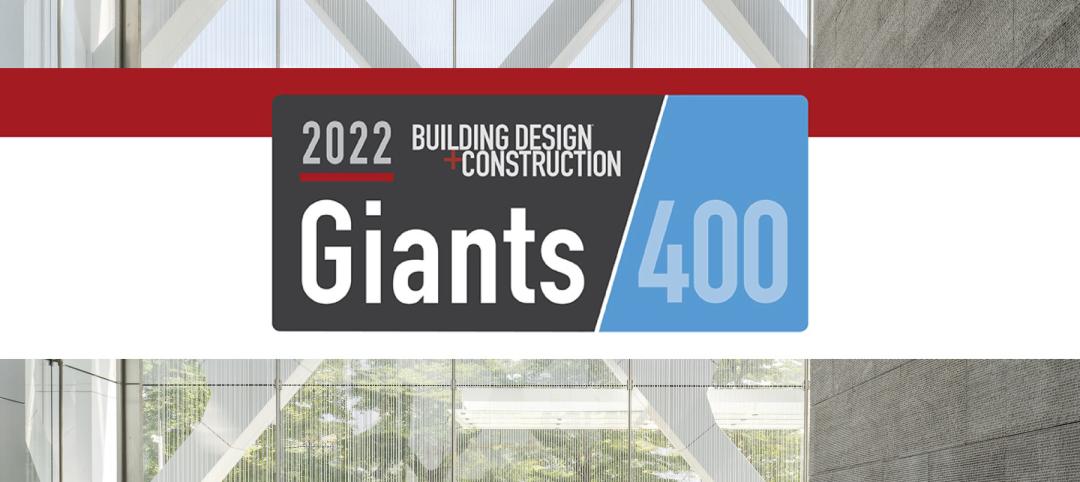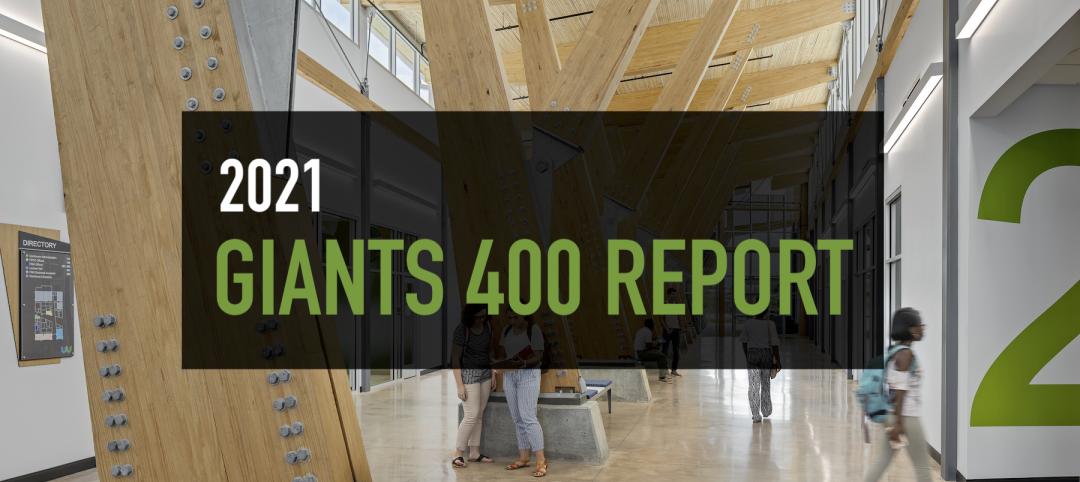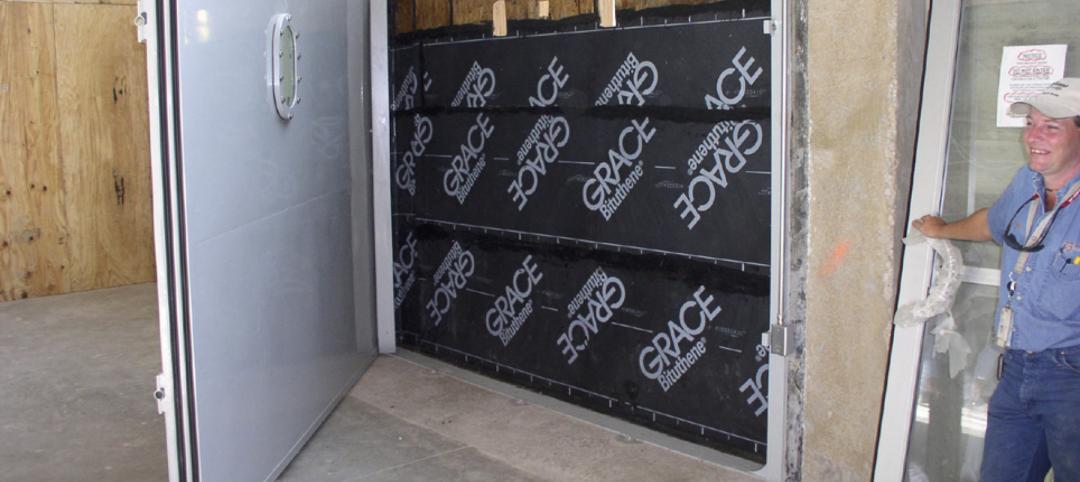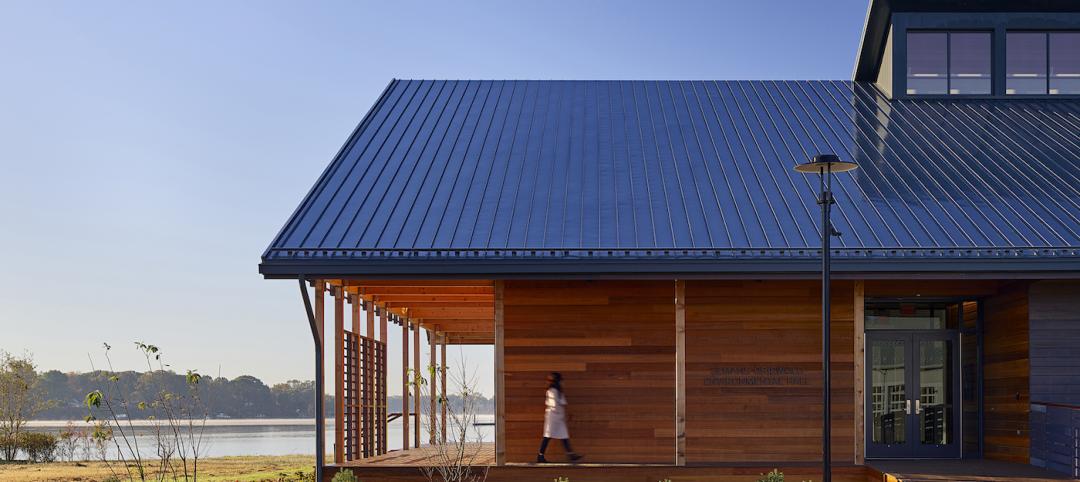When it comes to casinos, it would seem that resistance is futile, as municipalities large and small continue to crave the tax revenue and tourism these gambling emporiums generate, even though neither is the sure bet it once was.
Gambling revenue in Nevada was up only 1% last year to $11.1 billion, according to the state’s Gaming Control Board, which reported that gambling revenue from casinos on the Las Vegas Strip, $6.3 billion of the state’s total, was about flat with 2014 totals. In fact, Nevada’s gambling revenue has essentially been flat since 2009.
Next November, New Jersey voters will decide whether to expand casino gambling to the northern part of the state. That vote could have significant ramifications for Atlantic City, where four of 12 casinos closed in 2014, and where the state in January said it was taking over the finances and decision making to prevent that city from being forced to file for bankruptcy protection from creditors.
Against this backdrop, Boston ended its longstanding and costly opposition to casino gambling when, in the last week of January, it struck an agreement that removed the last obatacle for Wynn Resorts to build a $1.7 billion, 3-million-sf casino and hotel complex in Everett, Mass., a suburb of the city. Boston’s opposition was thwarted last December when a judge rejected the City’s lawsuit against the project.
Last September, the City of Everett Planning Board approved the site plan for the resort, a month after Wynn Everett received approval of its Environmental Impact report from the state, the culmination of a 27-month process. To prepare the property for the resort, Wynn had spent $30 million to remediate a contaminated 33-acre former chemical plant site that had been inaccessible to the public for more than a century. Charter Contracting conducted the initial phase of the land cleanup, and GZA was the licensed site professional on that project.
The Boston Globe reports that in exchange for Boston dropping any future legal efforts to block the casino, Wynn has agreed to pay an extra $6 million over the 15-year term of its agreement with the city. The city and Wynn Resorts have also agreed to cooperate on solving the inevitable challenges Boston will face opening a facility this large in a congested urban area.
Boston Mayor Martin Walsh—who had opposed the casino to protect neighboring Charlestown from the resort’s 24-7 impact—told the Globe that he anticipates some flak from anti-casino groups, especially those in Charlestown and Chelsea. But he also pointed out the benefits of this project will include thousands of new permanent jobs and millions of new tax dollars, which could be used for youth group activities and arts programs, along with helping to pay for a solution to chronic traffic problems at Sullivan Square, one of Massachusetts’ worse bottlenecks.
Two years ago, Wynn Resorts, in an attempt to move its plans forward, had assented to a $25 million payment to the City of Boston to help find a fix to traffic snarls at Sullivan Square, along with a $1.6 million annual payment to offset the long-term impact of the casino. Under the new 12-page agreement with Boston signed on January 27, Wynn has agreed to ante up another $400,000 per year for the next decade and a half. It will also make a one-time $750,000 payment to defray the City’s legal costs—estimated as high as $1.9 million—related to its efforts to block the casino.
On its website for the Everett resort, Wynn says it will have more than 600 hotel rooms that average 700 sf, which would make them the largest standard hotel rooms in Boston. The resort will include six restaurants, a sports bar, meeting and wedding spaces, as well as a four-season harborwalk park along Everett’s Mystic River, with viewing decks, pedestrian and bike paths, a water ferry, and waterfront dining and retail.
Suffolk Construction has been named the 33-acre resort’s general contractor for what is being dubbed as the largest single-phase construction project in Massachusetts’ history. Jacobs is the executive architect, and Wynn Design & Development created the building's design. The construction is expected to generate 4,000 union trade union jobs, and 4,000 permanent operation jobs.
The Everett resort is scheduled to open in 2018.
In 2011, then Massachusetts Gov. Deval Patrick signed Chapter 194, “An Act Establishing Expanded Gaming in the Commonwealth,” to promote job creation and tax revenue. Under that legislation, the licensing fee for each casino built in the state will be a minimum of $85 million, and the required capital investment at least $500 million. The state will receive 25% of the gross gaming revenue.
Related Stories
Giants 400 | Aug 19, 2022
2022 Giants 400 Report: Tracking the nation's largest architecture, engineering, and construction firms
Now 46 years running, Building Design+Construction's 2022 Giants 400 Report rankings the largest architecture, engineering, and construction firms in the U.S. This year a record 519 AEC firms participated in BD+C's Giants 400 report. The final report includes more than 130 rankings across 25 building sectors and specialty categories.
Giants 400 | Aug 30, 2021
2021 Giants 400 Report: Ranking the largest architecture, engineering, and construction firms in the U.S.
The 2021 Giants 400 Report includes more than 130 rankings across 25 building sectors and specialty categories.
Resiliency | Aug 19, 2021
White paper outlines cost-effective flood protection approaches for building owners
A new white paper from Walter P Moore offers an in-depth review of the flood protection process and proven approaches.
Resiliency | Jun 24, 2021
Oceanographer John Englander talks resiliency and buildings [new on HorizonTV]
New on HorizonTV, oceanographer John Englander discusses his latest book, which warns that, regardless of resilience efforts, sea levels will rise by meters in the coming decades. Adaptation, he says, is the key to future building design and construction.
Digital Twin | May 24, 2021
Digital twin’s value propositions for the built environment, explained
Ernst & Young’s white paper makes its cases for the technology’s myriad benefits.
Market Data | Feb 24, 2021
2021 won’t be a growth year for construction spending, says latest JLL forecast
Predicts second-half improvement toward normalization next year.
Giants 400 | Dec 16, 2020
Download a PDF of all 2020 Giants 400 Rankings
This 70-page PDF features AEC firm rankings across 51 building sectors, disciplines, and specialty services.
Giants 400 | Aug 28, 2020
2020 Giants 400 Report: Ranking the nation's largest architecture, engineering, and construction firms
The 2020 Giants 400 Report features more than 130 rankings across 25 building sectors and specialty categories.
Sports and Recreational Facilities | Apr 6, 2016
Las Vegas debuts another new arena, with a number of ‘firsts’
The gambling mecca has its eyes on attracting a pro sports team.
| Jan 14, 2016
How to succeed with EIFS: exterior insulation and finish systems
This AIA CES Discovery course discusses the six elements of an EIFS wall assembly; common EIFS failures and how to prevent them; and EIFS and sustainability.






![Oceanographer John Englander talks resiliency and buildings [new on HorizonTV] Oceanographer John Englander talks resiliency and buildings [new on HorizonTV]](/sites/default/files/styles/list_big/public/Oceanographer%20John%20Englander%20Talks%20Resiliency%20and%20Buildings%20YT%20new_0.jpg?itok=enJ1TWJ8)









